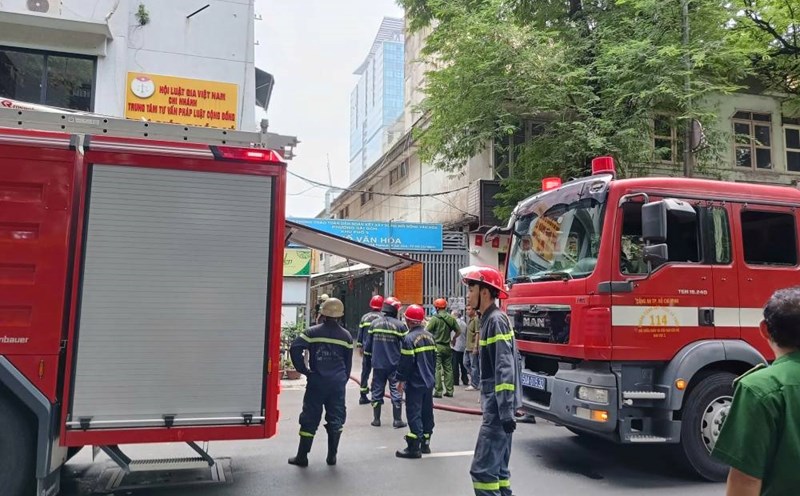On September 13, 2025, the green coffee bean market continued to record a significant price increase in the Central Highlands provinces:
Coffee prices in Dak Lak reached VND 120,200/kg, an increase of VND 2,000 compared to the previous day.
Coffee prices in Lam Dong recorded 119,800 VND/kg, an increase of 2,000 VND.
Coffee prices in Gia Lai increased by VND 2,200, to VND 120,200/kg.
Coffee prices in Dak Nong (old) have the highest price at 120,500 VND/kg, an increase of 2,000 VND.
The average price in the whole market reached VND 120,300/kg, an increase of VND 2,100 compared to the previous day.
Compared to August 30, when the price was at VND 122,400/kg, the current price is about VND 2,100/kg lower.
Meanwhile, compared to the first quarter of 2025, domestic coffee prices have recorded the highest level at many times from 126,000 to 130,000 VND/kg.
World coffee prices
On the London exchange, Robusta increased sharply: the term on September 2025 reached 4,817 USD/ton (+124 USD), the term on November 2025 reached 4,601 USD/ton (+80 USD).
In New York, Arabica increased sharply: the term on September 2025 increased to 410.65 US cents/pound (+9.65), the term on December 2025 increased to 396.85 US cents/pound (+10.75).
International coffee prices increased sharply on Friday, with Arabica reaching a 4-month high and Robusta peaking at 1.5 weeks. The main reason comes from the drought in Minas Gerais (Brazil) - the largest arabica growing area - without rain in the weekend ending September 6, causing concerns about affecting the flowering stage.
The Brazilian real rose to a 15-month high against the USD, limiting sales from farmers, further supporting prices. In addition, the US imposing a 50% tax on coffee imports from Brazil has caused US buyers to cancel new contracts, raising concerns about a shortage of supply.
World supply continues to tighten: ICE-supervised arabica inventories fell to a 16-month low (669,225 bags), robusta inventories around the bottom of 2 weeks (6,557 lots). In addition, Conab's latest report cut Arabica Brazil 2025 output to 35.2 million bags, and data from ICO showed that global exports in July fell 1.6% year-on-year, further strengthening the uptrend.










